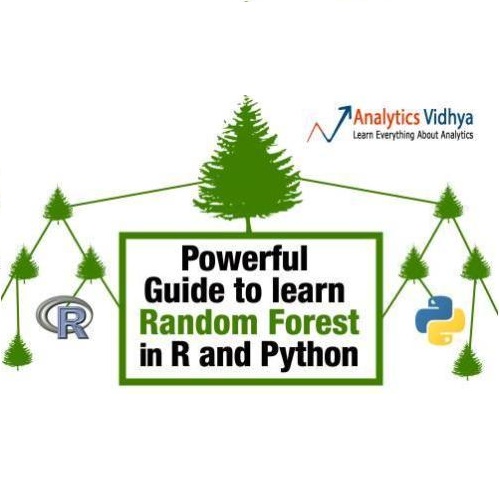In this paper we present a data-adaptive estimation procedure for estimation of average treatment effects in a time-to-event setting based on generalized random forests. In these kinds of settings, the definition of causal effect parameters are complicated by competing risks; here we distinguish between treatment effects on the crude and the net probabilities, respectively. To handle right-censoring, and to switch between crude and net probabilities, we propose a two-step procedure for estimation, applying inverse probability weighting to construct time-point specific weighted outcomes as input for the forest. The forest adaptively handles confounding of the treatment assigned by applying a splitting rule that targets a causal parameter. We demonstrate that our method is effective for a causal search through a list of treatments to be ranked according to the magnitude of their effect. We further apply our method to a dataset from the Danish health registries where it is of interest to discover drugs with an unexpected protective effect against relapse of severe depression.
翻译:在本文中,我们提出了一个数据适应估计程序,用以估计在基于一般随机森林的时到时活动环境下的平均治疗效果。在这些环境中,因果参数的定义因相互竞争的风险而复杂;在这里,我们分别区分对原油的治疗影响和净概率。为了处理右检查,并转换粗概率和净概率,我们建议采用一个两步估算程序,对构建时间点特定加权结果作为森林输入的概率进行反比加权。森林适应性地处理通过应用针对因果参数的分裂规则所分配的治疗的混杂问题。我们证明,我们的方法对于通过根据作用大小排列的治疗清单进行因果调查是有效的。我们进一步将我们的方法应用于丹麦卫生登记册的数据集,在这些数据中发现出乎意料的对严重抑郁复发产生保护作用的药物是有意义的。



